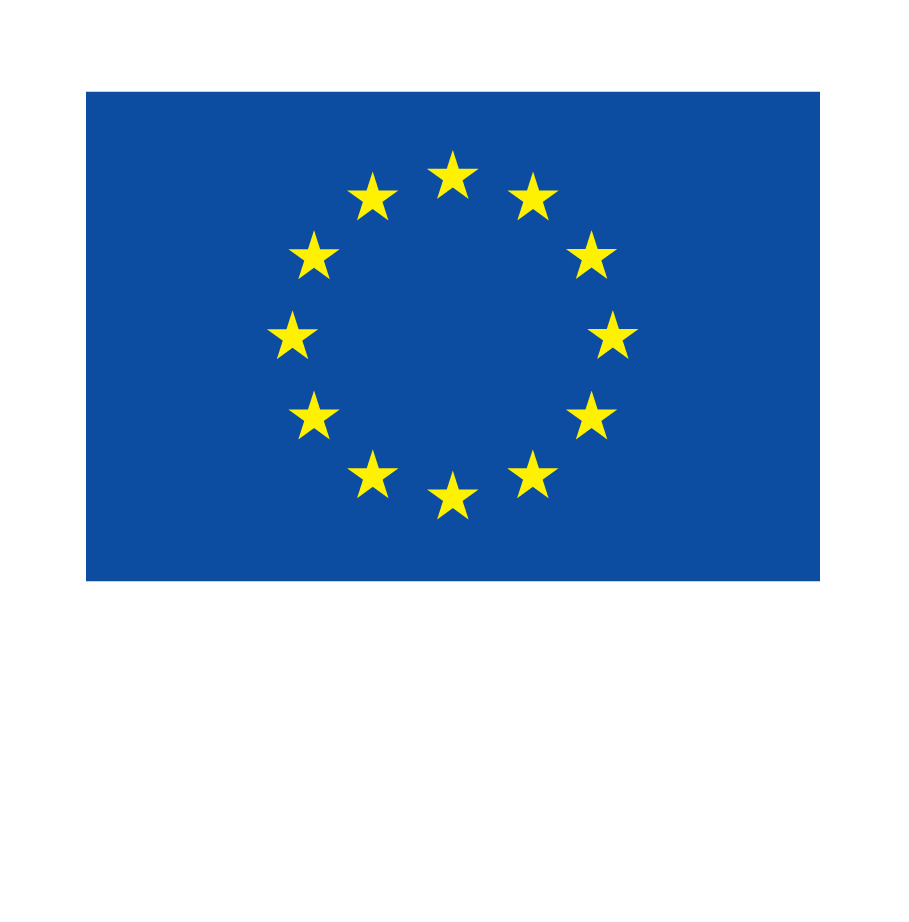This is a private group. To join you must be a registered site member and request group membership.
-
Work Package No WP7
-
Name Migration
-
Lead ULB
-
Participating Institutions ULB, VU, Wits, NUPI
-
Activity March ’24 – Feb ’27
Short description
The WP team will map multilateral cooperation mechanisms in global and regional migration governance and how and whether the EU is able to have influence on these mechanisms.
Main objectives
-
Map multilateral institutions and arrangements in global migration.
-
Explore which type of governance space is available for the EU in migration governance.
-
Develop evidence-based policy recommendations for extending EU influence across different types and actor constellation of migration governance fora.
Core tasks
TASK
01
-
Taking stock of multilateral cooperation in global migration March ’24 – March ’25
The PI will manage the Consortium Agreement and the Grant Agreement with the European Commission. PI will lead discussions on amendments and revisions of these Agreements if necessary. The PI will manage the EC contribution and promptly distribute funds among partners, according to the rules established by the Grant Agreement and the Consortium Agreement. The PI supported by the Project Administrator, will track costs, as well as deal with the financial statements to be provided by each partner. The PI will provide the partners with all necessary information and guidance, ensuring that costs are incurred in line with the HE rules and provisions.
TASK
02
-
The role and influence of the EU in global, regional, and ad hoc coalitions April ’24 – Dec. ’26
For this task, we will examine the evolution of the EU’s approach to global migration and crisis response. We will analyse initiatives of the EU and of Member States, alongside various policy and legal documents defining external migration policy. We will pay special attention to ad hoc coalitions like the African Union – European Union – United Nations Task Force, the Khartoum Process, the Bali Process, or the coalition that led to the adoption of the Global Compact on Migration, the implementation of the New Pact on Migration and Asylum. This task will result in a data upload to the dataset. We will also draw upon the European, global and transatlantic surveys to map perceptions of European influence on global migration arrangements vis-à-vis strategic partners, especially countries of origin and transit of migration flows, and key powers such as China, Russia and the US. We will also consider how the EU is able to wield influence in its key neighbourhoods in the East and South. The task will result in a paper at the Council for European Studies annual conference, and the final version will be submitted as an academic article to European Foreign Affairs Review.
TASK
03
-
Global NAVIGATOR in global migration Aug. ’26 - Feb. ‘27
For this task, we will distil data and lessons from the first two tasks into a Global NAVIGATOR policy brief including evidence-based recommendations for how the EU can navigate an increasingly complex global migration regime. The brief will detail policy initiatives the EU and its member states can pursue to maintain and increase their influence and consider whether the EU should take up niche roles or central hub-functions across different forms of global migration cooperation mechanisms.
Delivrables
-
D7.1 month 24 – Feb.’25
Working paper on institutional landscape of global migration governance
-
D7.2 month 36 – Feb.’26
Working paper on the role of the EU and European actors in global migration
-
D7.3 month 48 – Feb.’27
Global NAVIGATOR policy brief on migration

